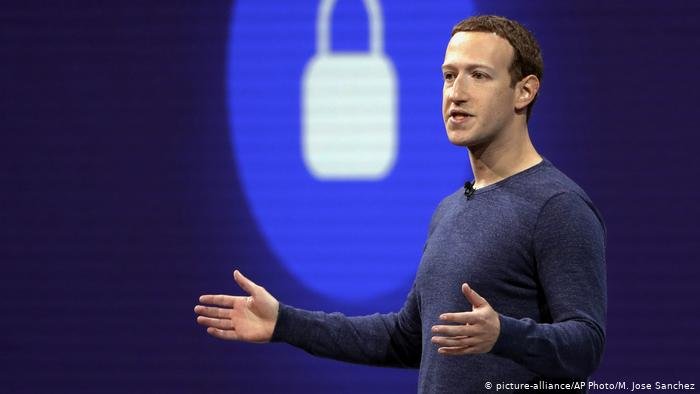
Mark Zuckerberg is determined to converge all his platforms — Facebook, WhatsApp, Messenger and Instagram — for a unified experience for billions of users and India which is the largest market for some of its services, including WhatsApp, is going to play a critical role in the success of social networking giant’s new monetisation mission.
According to the company, more than 2.1 billion people now use Facebook, Instagram, WhatsApp or Messenger (its ‘Family’ of services) every day on average, and more than 2.7 billion people use at least one of its ‘Family’ of services each month.
WhatsApp over Facebook
In India, Facebook has over 300 million users, WhatsApp another 400 million and Instagram over 70 million (millennials are the largest user group).
In recent communications, Zuckerberg has talked about merging many of its services so that people can message seamlessly across platforms.

About one-fourth of WhatsApp’s 1.5 billion users are in India. It is, therefore, no surprise, that Facebook chose the Indian market to test-run its digital payment service, before rolling out similar experiments in other countries.
After about one and a half years of test run, WhatsApp is now close to launch its Pay service later this year which could dominate the payment economy, given the fact that almost every Indian who has a smartphone or a Jio phone seems to have taken a liking for WhatsApp despite all the flak it received for its failure to effectively contain the spread of fake news.
WhatsApp also launched a separate app for businesses last year and while the company is yet to disclose the exact number of businesses using the service, they are in millions globally.
While WhatsApp for Business app is free to download, Facebook is trying to find ways to monetise this service by bringing traffic from its other platforms.
“We helped businesses make the shift to mobile and now we are helping them shift to Stories, video and eventually messaging,” Facebook Chief Operating Officer Sheryl Sandberg said during the earnings call with analysts after the second quarter results.
An integrated messaging ecosystem plus a payment service may open the doors for various other services, including shopping, for Facebook in India in the near future.
With its photo-sharing app Instagram, Facebook has, in fact, dabbled into shopping in a limited way.
“It’s early days for shopping on Instagram, but we’re excited about this over the long run,” Sandberg revealed.
“In the future, we’ll enable people to use the same payments account to send money to friends and businesses on WhatsApp, shop on Instagram, or make transactions on Facebook,” Zuckerberg said.
The challenge for Facebook, would be to get the next billion users to its platform as about 2.7 billion people today use the Facebook app, or the Facebook-owned Instagram, WhatsApp, or Messenger each month out of about 3.8 billion people who are connected to the Internet in the world.
Zuckerberg knows it well that it cannot get the next billion users if it ignores India as more than half a billion people in the country are yet to go online.
Tik Tok Users
Another challenge would be to retain the people who are already in its network, especial in view of the growing popularity of the Chinese short video-sharing app TikTok in India.
The good news for Facebook is that it has continued to grow despite all the challenges it has faced in the past 15 years of its existence, including the Cambridge Analytica scandal.
Even its revenue has grown, so has its expenses, especially due to the historic $5 billion settlement that it has reached with US Federal Trade Commission (FTC) due to privacy concerns.
Facebook expects its full-year 2019 expenses to grow to 61 per cent compared to last year and the expense linked to FTC settlement alone accounts for close to 16 percentage points of this anticipated expense growth.
In fact, besides increasing expenses, the focus on privacy could slow the process of rolling out new products for the social networking giant.
For Facebook, the need to create a new robust market is now. India, being the largest market for many of its services, is set to inspire some of the innovations coming from the Facebook camp.
